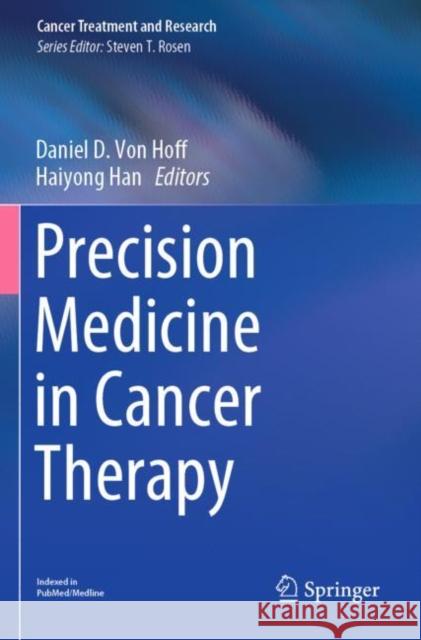Precision Medicine in Cancer Therapy » książka
topmenu
Precision Medicine in Cancer Therapy
ISBN-13: 9783030163938 / Angielski / Miękka / 2020 / 283 str.
Precision Medicine in Cancer Therapy
ISBN-13: 9783030163938 / Angielski / Miękka / 2020 / 283 str.
cena 342,14
(netto: 325,85 VAT: 5%)
Najniższa cena z 30 dni: 327,68
(netto: 325,85 VAT: 5%)
Najniższa cena z 30 dni: 327,68
Termin realizacji zamówienia:
ok. 16-18 dni roboczych.
ok. 16-18 dni roboczych.
Darmowa dostawa!
Kategorie BISAC:
Wydawca:
Springer
Seria wydawnicza:
Język:
Angielski
ISBN-13:
9783030163938
Rok wydania:
2020
Wydanie:
2019
Numer serii:
000033091
Ilość stron:
283
Oprawa:
Miękka
Wolumenów:
01











